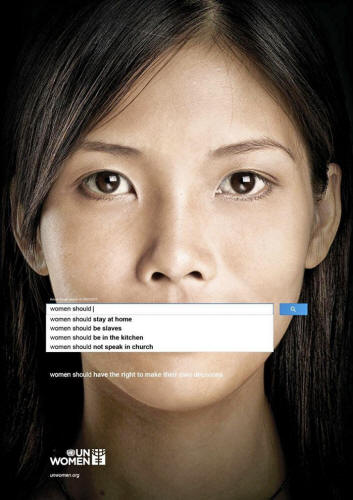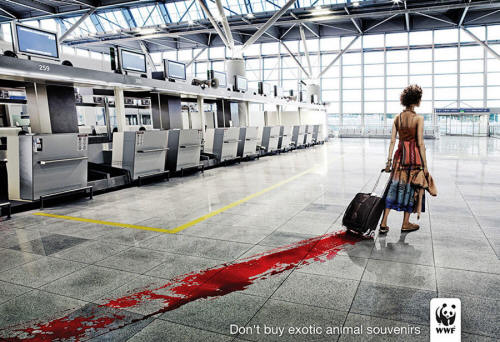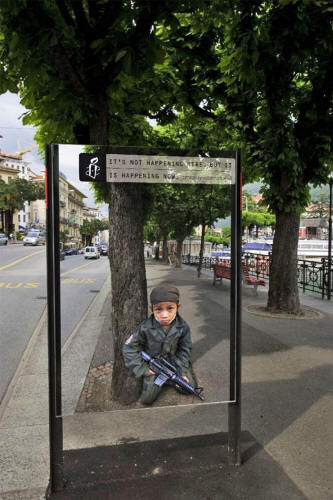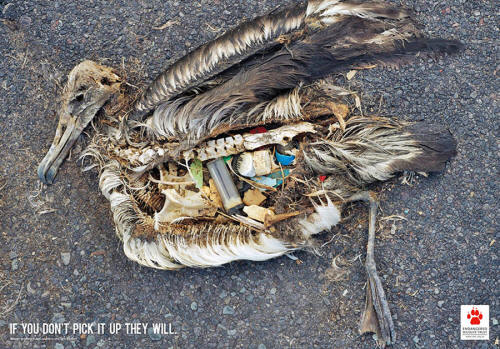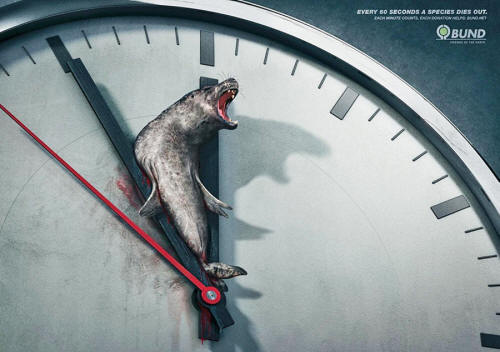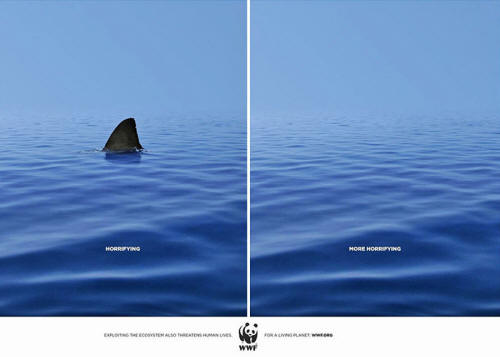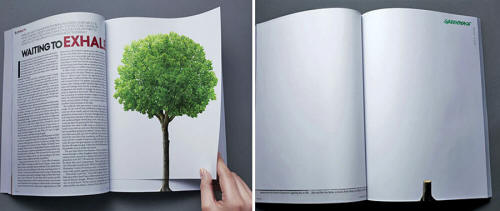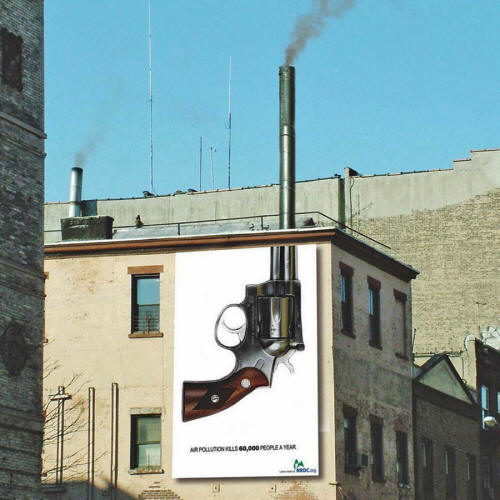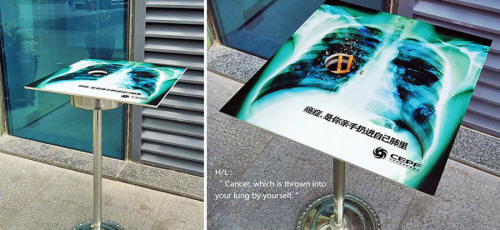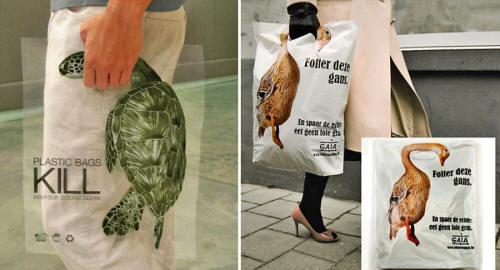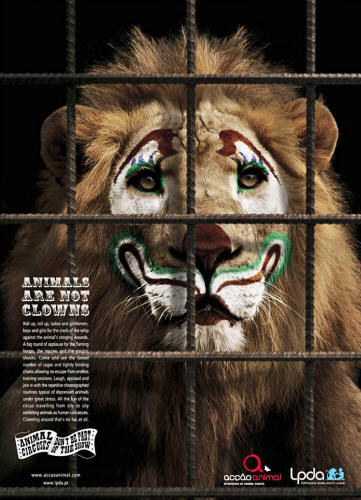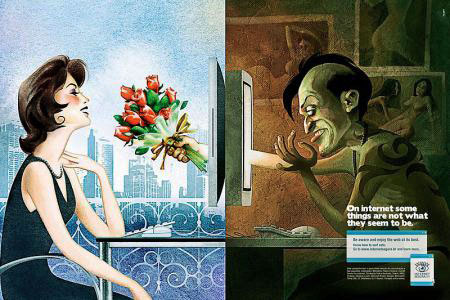|
from Collective-Evolution Website
The problem is that we feel helpless to change things, so we don't even bother to try.
Patience - we are in the process of change and hopefully the human race will rid itself of all the experiences that do not resonate. If you see something you know is wrong, don't turn a blind eye, do something about it.
Whether it's for the planet or for one individual, your actions do matter.
This type of thing is seen with so many products that we use.
Here is another sad example:
As far as deforestation goes, it is utterly unnecessary.
Paper derived from hemp is a much more sustainable option. The list of alternatives is endless, and anybody who thinks this kind of environmental degradation is necessary really hasn't done their homework.
So ask yourself, why are we doing this?
We cut down millions upon millions of acres of forest every single year. More than 20 percent of the Amazon rainforest is already gone, 150 acres of it is lost every minute. The Amazon alone is vanishing at a rate of approximately 20 square miles a year.
Again, the frustrating thing about it is that it
doesn't have to be this way.
This is a great one - transparency.
One thing that cannot be debated is the fact that we live in a world of secrecy.
The U.S. government classifies hundreds of millions of pages of documents every single year.
This became a little more well known when Edward Snowden, former NSA employee, leaked the very first public disclosure of "black budget programs."
Just because it's not happening here, doesn't mean it's not happening.
Many people across the planet are going through experiences no human being should have to go through, and this is a clear sign that we have a very long way to go. If one of us hurts, we all hurt.
These issues cannot be ignored. We don't often realize what other people are going through, or how much of an issue it is, until we experience something similar ourselves.
Imagine if we could look at another human and instantly enter into their consciousness, feeling exactly what they feel - how would that affect us?
This below picture was taken by Photographer Chris Jordan, who has shown the world what is known as "The Great Garbage Patch," an area the size of Queensland, Australia where there is approximately one million tonnes of plastic spread throughout the ocean.
Drag a net in any area of this part of the ocean and you will pick up toxic, discarded plastic.
You can learn more about that, and see an eye opening below video about it:
Did you know that at least 10,000 species go extinct every single year?
According to this ad, "How many species are we losing?", a species goes extinct every minute.
It's a sad fact that that 270,000 tonnes of plastic are floating on the surface of the ocean, and millions more are sitting on the ocean floor. In fact, whales have been showing up dead on beaches around the world for years, with stomachs full of plastic.
You can read more about it in "Dead Whales are Showing Up Bringing us a Message the Entire World Should See". Again, you can learn more about the "Great Garbage Patch".
It's funny how we use plastic, when we can manufacture materials made of biodegradable material (like hemp) just as easily.
No words needed for this one...
Again, there are multiple solutions to this problem, hemp being one of them.
We have better ways of generating energy.
Clean, green ways that could have been implemented decades ago. There are also some new technologies that are starting to make some noise.
Despite the fact that we have so many energy solutions - from wind, solar, vortex induced vibrations, and over-unity generators, to the countless other clean green ways to generate energy - we refuse to make the shift.
Social media is a great place to create awareness and learn about issues we don't often consider. If you want to create change, try incorporating action into your daily routine.
You can create change in many ways. You can volunteer, create awareness, help somebody in need, or do any number of other things.
In Canada, approximately one million Canadians that were alive at the beginning of 2009 have had a cancer diagnosis in the previous 10 years. Two out of every five Canadians will develop cancer within their life time, and one in every four will die.
In the United States, one out of every two men and one out of ever three women will be diagnosed with cancer.
A host of other things have also been linked to cancer, including the pesticides that are commonly sprayed on our food and in the environment. Each year, an estimated 1 billion pounds of pesticides are applied to U.S. farms, forests, lawns, and golf courses.
More than 17,000 pesticide products are currently on the market.
Scientists have also pointed towards toxic chemicals commonly found in cosmetics, air quality, and a large host of other factors. Today, cancer is not a stroke of bad luck, it's time to look at our environment and what we are choosing to surround ourselves with.
Again, plastic, as illustrated in a couple of pictures above.
The way we treat animals on this planet is heartbreaking. Don't go to the circus, don't go to the zoo, don't go to marine land if you feel as strongly as we do about this.
We are very passionate about animal rights and have several articles on our website relating to this topic.
more here...
It seems as if religion has been used to turn one against the other.
It's no different from patriotism, which many soldiers are bombarded and brainwashed with, or at least a false sense of it.
Many believe they are actually fighting for their country, when the evidence points to political agendas and more; there are those on this planet who profit and benefit from a planet in turmoil.
Here is a great speech given by an Iraq veteran:
This is great, not only does it drive home the fact that there are dangerous predators out there on the internet, but it helps us realize the idea of creating an identity using social media - it's the idea of presenting ourselves as something we are not.
|


